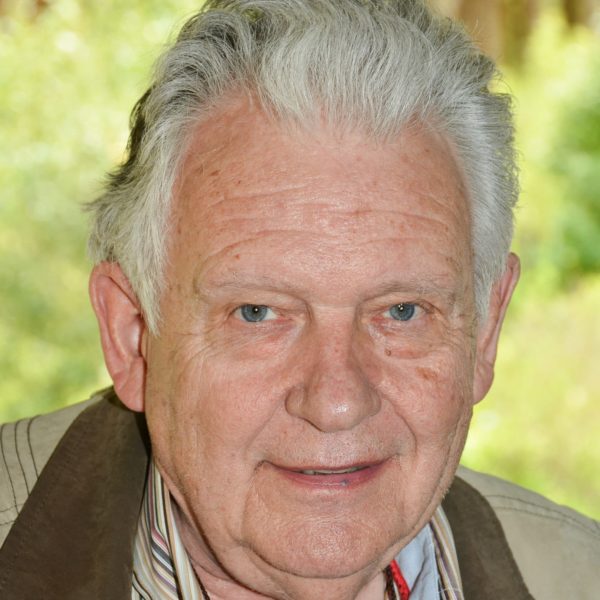Philosophers tend to explain the success of the scientific enterprise in terms of a so-called “scientific method” believed to be typical of physics and chemistry. In the second half of the twentieth century, it has become widely accepted that biology, i.e. the science of living organisms, is characterized by an inherent complexity that requires the use of different methods of analysis and explanation from those applicable in physics and chemistry.
Entities like genes and species, or processes like emergence and evolution cannot be adequately described in terms of simple physico-chemical principles and phenomena. There are no scientific laws in biology but only generalizations corresponding to heuristic devices useful to predict and control biological phenomena. This project will comprise the writing of a book that will discuss the following topics: 1) scientific facts, theories and laws, 2) causality, explanation and understanding in biology, 3) philosophical analyses of the scientific method, 4) reductionism and emergence, 5) design, teleology, natural selection and evolution, 6) structure-function relationships in biology, 7) complexity and systems biology, 8) rational design versus empirical hypothesis testing in biomedicine, 9)scientific discoveries by serendipity, 10) science, pseudoscience and anti-science, 11) HIV-AIDS denialism, 12) public distrust of vaccines and of genetically modified foods.

